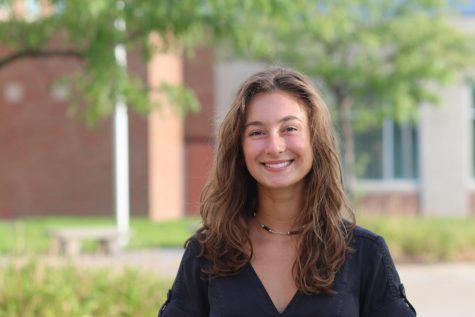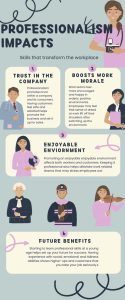It’s Time to Talk
September serves as a month to open up about suicide
September 28, 2018
Every year, suicide continues to affect the lives of many. Millions of families deal with the new normal of not seeing their loved one daily. Friends go through life with one less companion. The loss of one person, can make a worlds difference.
In America, suicide is one of the leading causes of death and each year the rate of suicide increases. Since 2000 alone, the rate has gone up 30%. This is an ongoing problem that many try to put a stop to. If a counselor, peer or hotline can save one life, that means one more life was saved and will continue living. It can make a difference.
The month of September, National Suicide Awareness Month, brings light to this issue. Omaha’s “Walk out of Darkness” and “Smile Run” alike help raise awareness along with money that is put towards research, programs and help those who have lost someone to suicide. Although there is more talk about this issue, it can still be considered taboo to talk about this particular topic, however, that’s why there’s a month dedicated to preventing suicide: so people will talk.
According to the National Institute of Mental Health about 6.3 million teens have had an anxiety disorder. Many high schoolers tend to have feelings of anxiety, depression and/or other mental illnesses. This can sometimes factor into those suicidal thoughts. With the stresses and pressures of school, college and life in general, this creates a feeling of having to carry the weight of the world on their shoulders. When all these hassles are mixed with an undeveloped brain and impulsivity, the rate for teen suicides is high; actually, it’s the second leading cause for deaths among ages 15 to 24 according to Suicide Awareness Voices of Education.
Millard West recently hired a wellness counselor for students in need. Zechmann has been apart of the school community since February of 2018 with the job of helping students in need.
“Unfortunately, adolescents don’t have that brain development that adults do because you guys are still growing and your brains are still developing,” wellness counselor Kristina Zechmann said. “Cognitively, adolescents don’t realize the impact of a suicide in that even though they know it’s final, their brains are not to the point where they really understand how severe final is and I think that’s one of the reasons that we see suicide trends especially amongst adolescents.”
In comparison to adults, not only do teenagers have an undeveloped brain, but their life span is also shorter. A bad day that seems like the end of the world to a 15 year-old will look differently than that with a 45 year-old. Not to say that adolescents don’t go through the hardships of living, but those who have experienced life outside of high school have a wider outlook on life.
“Just being a teenager in general, you can be impulsive about things and if you add mental illness on top of it or just a period of deep depression and things like that, pair that with impulsivity and somebody ends up ending their life when they really probably don’t want to,” school social worker Michelle Brady said. “But in that moment they have that feeling and unfortunately, a suicide gets completed.”
Those experiencing suicidal thoughts should know that there are multiple sources to help. Hotlines, counselors, friends, family, at least one of those options are available. And it’s a guarantee that many people are in a similar place.
On National Suicide Prevention Day, September 10, senior Natalee Noble made a post on Instagram about bringing light to those in need, reassuring those who read the post they are not alone in the world, and that ever herself has dealt with depression and anxiety, and she is not ashamed.
“It’s important and I feel like a lot of people in high school, they not might necessarily be affected by depression or anxiety but it’s something everybody is going to feel at one point,” Noble said. “I think everyone needs to be aware of how common it is within people you’d never expect. So many people are affected by it and you don’t even realize it and I don’t think people understand that it is so common within high schools.”
Schools all around the metro are now promoting the #BeKind campaign. Although this does not necessarily correlate with preventing suicides, the end goal is to have an environment that accepts and cares for one another. This inclusive atmosphere could create a sense of safety that could reduce the feelings of depression and anxiety within school.
“I really would like to see everybody just being more aware of their kindness and small acts of kindness,” Zechmann said. “One kind word or one kind message really might make that persons day and we just don’t know what other people are dealing with. Everybody is going through something at some point in their life and maybe just one kind person is going to make an impact on how they handle today.”
For those in need, know that there is help available. The suicide hotline is open 24 hours a day, seven days a week: 1-800-273-8255. Every 13 minutes, a life is lost to suicide: Let’s change this statistic by watching for signs and reaching out to those in need. Let’s change this statistic by talking about what needs to be talked about






